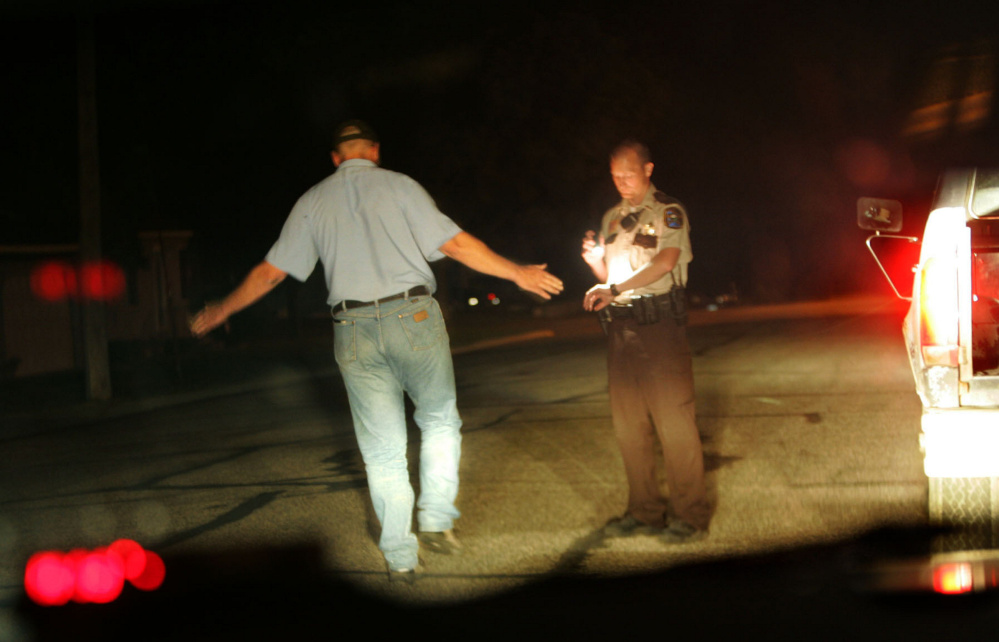Mississippi ranks among the best states when it comes to enacting laws against drunken driving, as do Maryland and Nebraska, according to a new report by Mothers Against Drunk Driving.
The report, which judges the adequacy of states’ efforts to end drunken driving, comes 10 years after MADD kicked off a campaign that featured a push for laws requiring the use of ignition interlocks for anyone convicted of drunken driving, regardless of whether it is a person’s first offense.
It’s also timely as the country turns toward the holiday season, when the number of alcohol-related fatalities normally rise. The National Highway Traffic Safety Administration, citing 2001-05 data, has said that the daily death toll during the Christmas and New Year’s holidays rose from an average of 36 to 45 fatalities per day during the Christmas holiday period and to 54 around New Year’s.
AAA Mid-Atlantic this week issued an advisory noting that the Wednesday before Thanksgiving has also become known as “Blackout Wednesday,” or “Drinksgiving,” because of all the barhopping, particularly among college students returning home for the holidays. Combine holiday overindulgence and heavy traffic, and the result can be deadly, John B. Townsend II, AAA Mid-Atlantic’s manager of public and government affairs, said in a statement.
“It is not the food, it’s the booze,” he said.
MADD ranked the states and the District of Columbia with a five-star system based on whether the jurisdictions require all offenders, including those convicted of a first-time offence, to install an interlock ignition device on their vehicles. The devices prevent the vehicle from starting until the drivers has submitted to a breath test.
MADD’s other criteria include using high-profile law enforcement efforts against drunken driving, such as sobriety checkpoints and saturation patrols; immediately suspending licenses or otherwise restricting driving privileges following a DUI arrest; penalizing drivers who refuse to submit to a breath test; and passing laws that impose additional penalties on drunk drivers who had a child in the car with them at the time.
MADD, by using half stars, also attempted to gauge the degree of aggressiveness a jurisdiction’s use of a policy is – for example, whether a state not only conducts sobriety checkpoints but does so at least once a month.
In the Washington metropolitan region, Maryland came out on top with a score of 4.5 stars, falling short of a perfect 5 only because the state, like most, classifies the drunken driving with a child passenger as a misdemeanor instead of a felony. Washington D.C. received a 3-star rating, Virginia 3.5 stars.
Frank Harris, MADD’s director of state government affairs, said the variation among the states’ approach to drunken driving generally aligns with cultural norms there and their view of government’s role.
“He said checkpoints have been shown to reduce drunken driving by 20 percent.
Send questions/comments to the editors.



Success. Please wait for the page to reload. If the page does not reload within 5 seconds, please refresh the page.
Enter your email and password to access comments.
Hi, to comment on stories you must . This profile is in addition to your subscription and website login.
Already have a commenting profile? .
Invalid username/password.
Please check your email to confirm and complete your registration.
Only subscribers are eligible to post comments. Please subscribe or login first for digital access. Here’s why.
Use the form below to reset your password. When you've submitted your account email, we will send an email with a reset code.